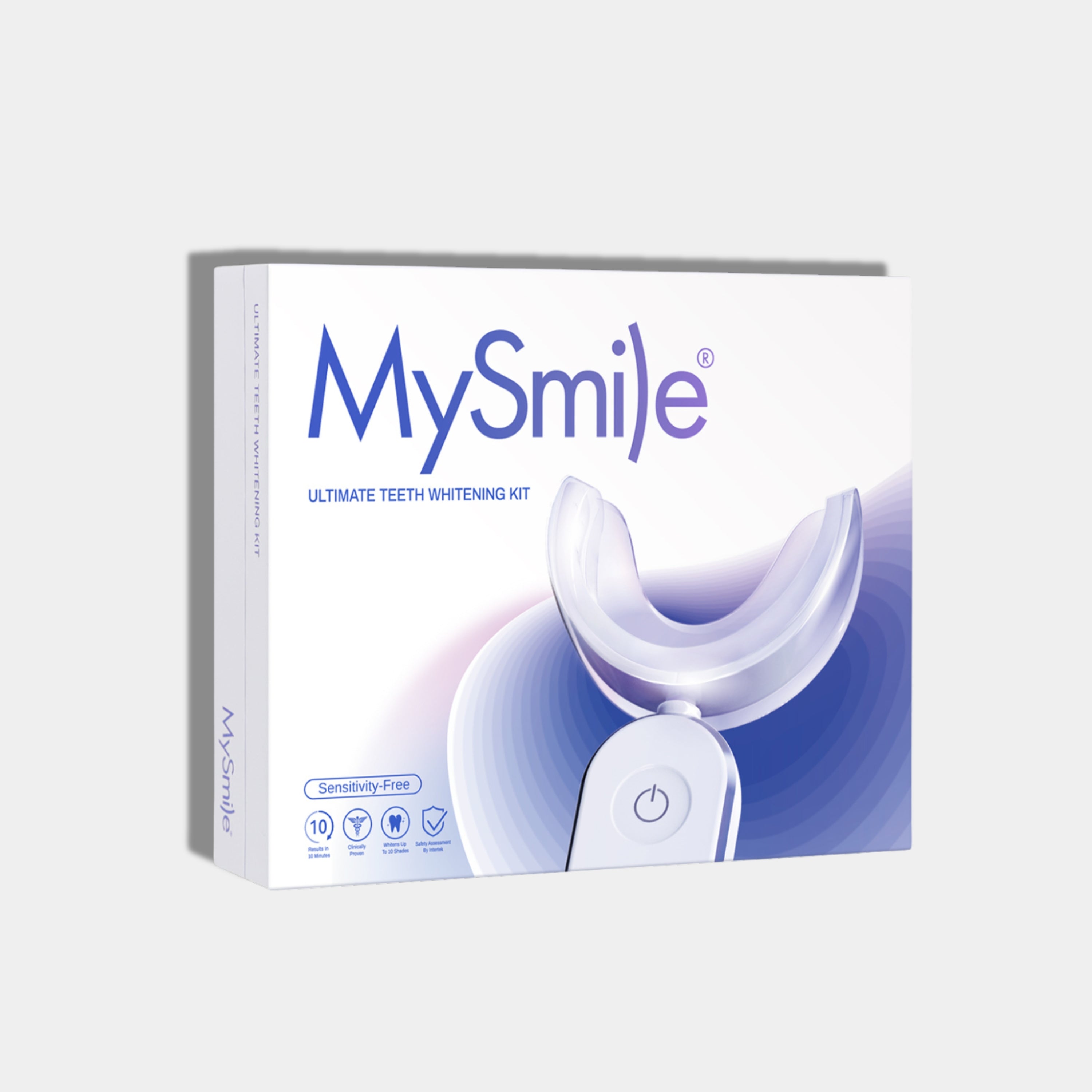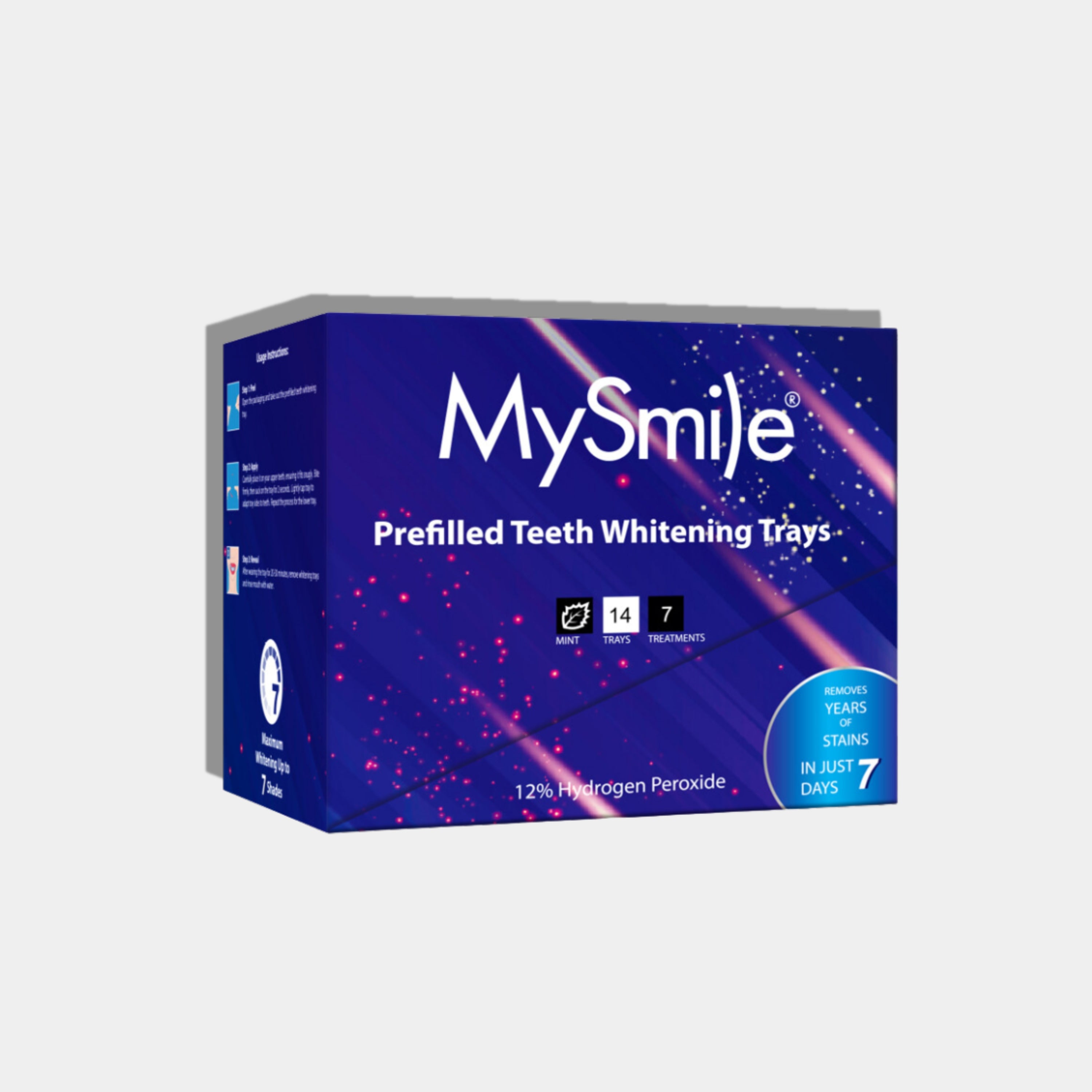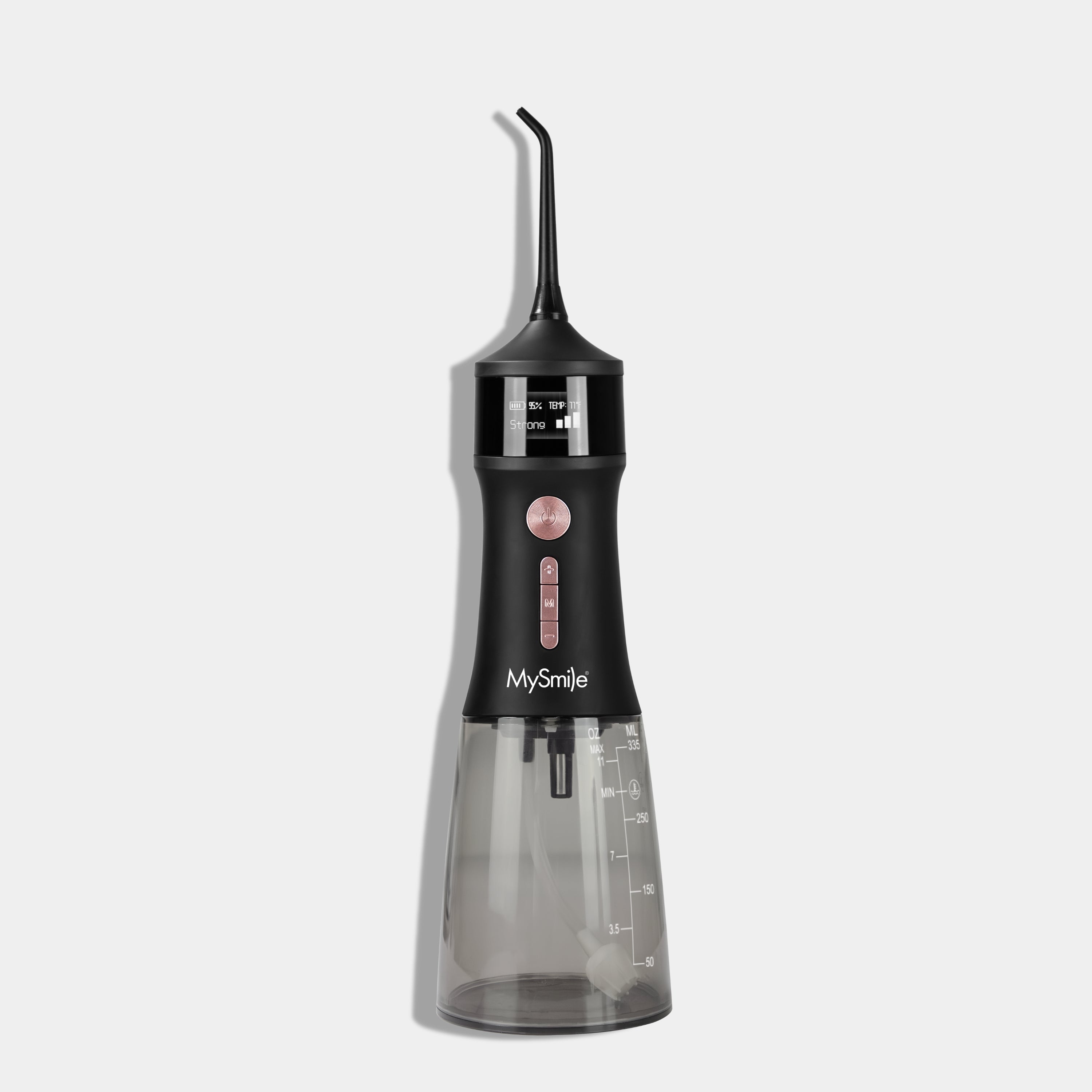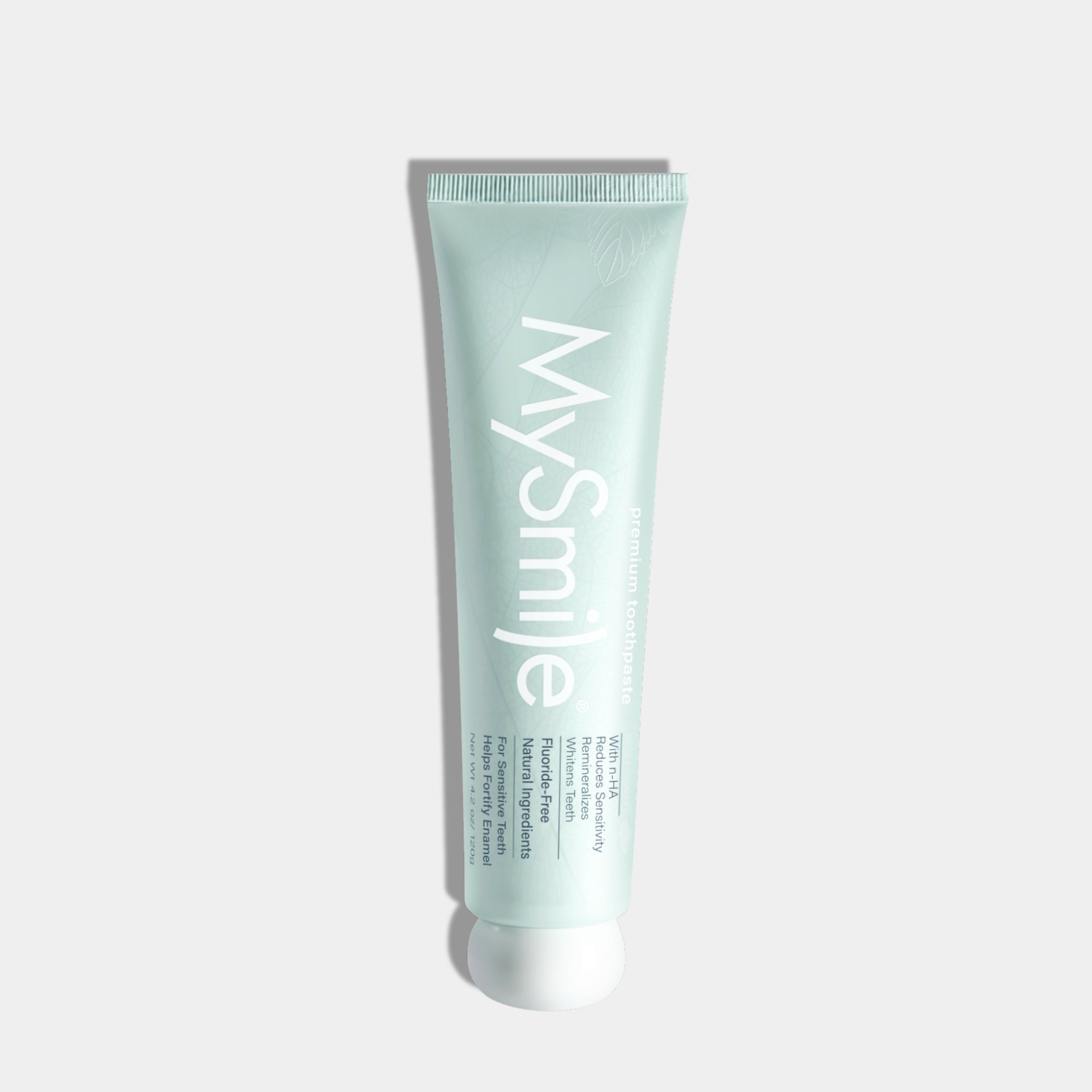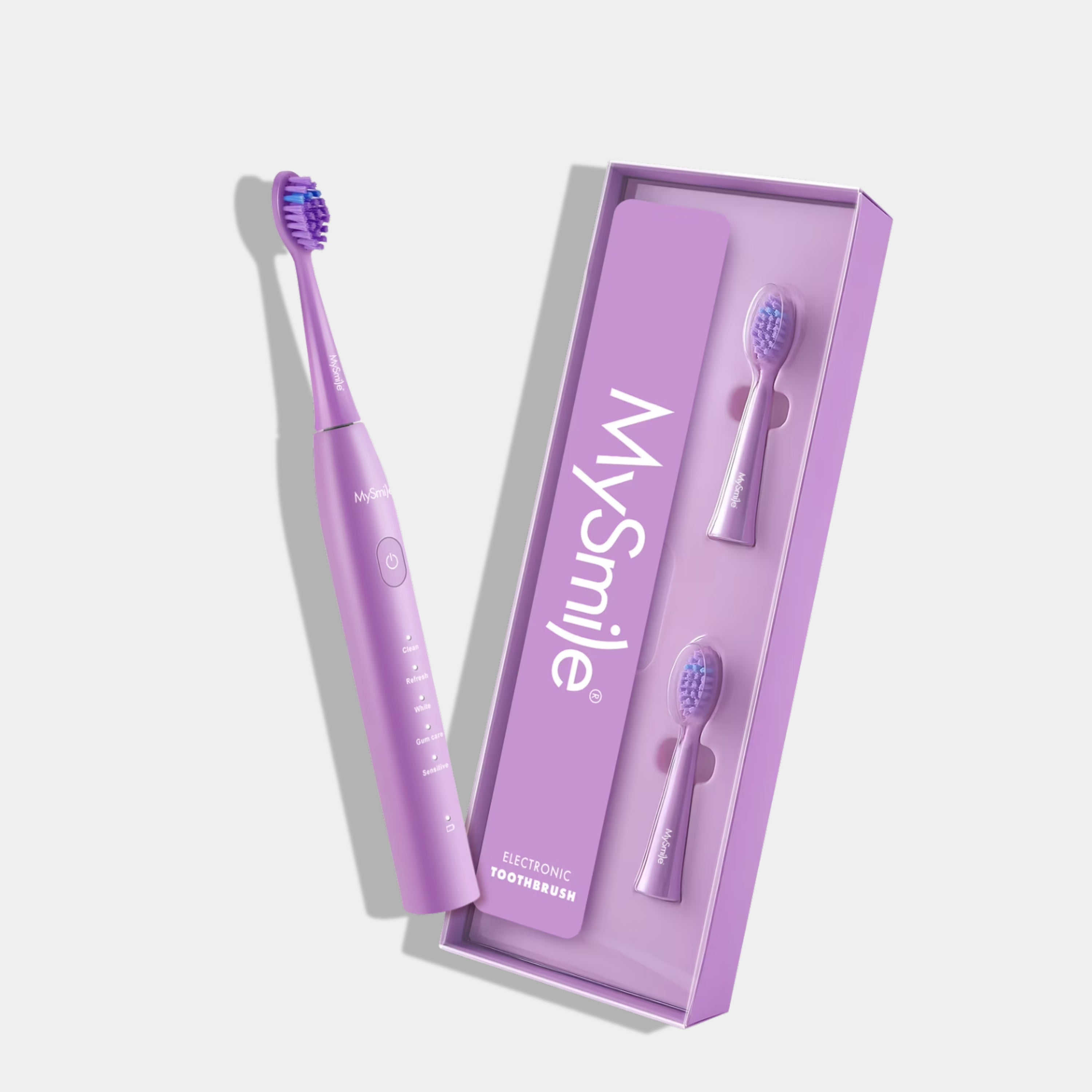Although smoking is too typical that even young individuals can identify it, it damages oral health more than we could think. Some of you may refer to it only as a bad habit. In fact, many people consider and believe that smoking harms the lungs alone. Little did they know that it also damages our teeth and gums, especially the results when we undergo dental procedures. Smoking is not a habit that one must have; it negatively affects the user more than it becomes an escape or coping mechanism whenever experiencing a problem. To understand its impacts better, keep reading below.

3 Effects of Smoking to Dental Treatment Outcomes
- Slower Healing Progress
The substance or chemicals in tobacco can hinder the mouth's healing process after surgery or tooth extraction. It prevents blood from flowing simultaneously, fending off oxygen, nutrients, and healing factors to reach the injured area.
- Higher Chance of Unsuccessful Treatment
If you just had a dental implant and still keep smoking, it may disrupt the medical devices implanted in your mouth, loosening the grip, wearing the material earlier, or impacting your teeth and gums. With this, the device cannot eventually serve its purpose; if used forcibly, it may result in worse situations.
- Higher Risks of Infection/Dental Problems
As we all know, our teeth/gums require healing after undergoing dental treatment. If you continue smoking, you will be more likely to have infections or diseases because wounds/ affected areas are more prone to bacteria and are too sensitive to chemicals. Using safe product like MySmile Teeth Whitening Kit to help you complete oral care routine.
Smoking is harmful not only to our lungs but also to our oral health. Now that you have learned some of its impacts on the results of dental procedures, may you try your best to avoid smoking at all costs. For more information or assistance, comment below so we can keep in touch.







